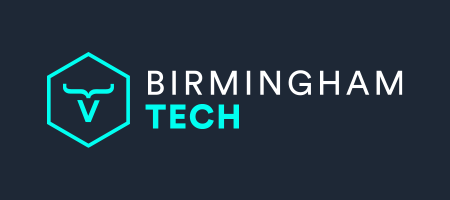As we all know, the education sector in the United Kingdom was devastated by the pandemic. As a solution, universities relied on remote training and education, which had several benefits and drawbacks.
Beyond education and academics, there was a significant downfall in how universities handled work experience, placements, and internships as a result of things going remote.
During the pandemic, students had their planned and confirmed internships fall through as their universities were not able to provide them with the tools/infrastructure needed to carry out the internships. The resulting decision was replacing work experience opportunities with more academic modules and or through external virtual/remote methods.
 This article has been written out in the hopes of enlightening Higher Education with the findings from our research into the impact virtual work placements have on a student’s professional growth.
This article has been written out in the hopes of enlightening Higher Education with the findings from our research into the impact virtual work placements have on a student’s professional growth.
New research suggests that millennials are the most likely to be interested in freelance work and entrepreneurship, which is only expected to grow in the future.
While a recent study by the Aspen Institute found that while millennials made up only one-third of the workforce, they were responsible for two-thirds of new businesses.
Problem
Before the pandemic, students would be provided with a plethora of internships or work experience opportunities. As workers slowly return back to the office, it appears companies are reluctant to be as expansive with ‘in person’ opportunities.
Consequently, career departments reduced the number of opportunities available as they sourced fewer opportunities and thus relied on external solutions.
 Research
Research
To understand what solutions were being used, we reached out to multiple universities across the country. This research uncovered a wide range, such as experiential learning platforms or third party internship providers.
The common denominator was that students were allowed to take part in virtual internships hosted by third party programmes, this was helpful only to a handful of students in each faculty. Universities that rely on third-party providers tend to have to pay a large fee for each student and lose out on all the helpful interactive data being controlled by the third party. Indeed, this provides a solution but the limited number puts a highly competitive process in front of the students.
Experiential learning is yet another form of academic training, where students are exposed to training courses that are specifically tailored to fit the needs of each company. The issue we found with experiential learning is the lack of real-world accountability. These courses are meant to ensure that students are aware of how to perform tasks and interact within a specific workplace. They are valuable to the recruitment process but fail to prepare students of the realities of work life.
Beyond this, we also noted that most universities are shying away from small businesses and startups due to high safeguarding thresholds. We observed that companies that can reach out to students are mainly on the larger end of the Small Business category and are also part of specific business networks that help them with the requirements.
If given the opportunity, there are thousands of single founder businesses and early-stage startups that can provide a sharp learning curve for students, giving them an awareness of what is needed in business. With the correct guidance and support, many companies will provide tremendous chances for students to develop and improve their professional skills.
 Solution
Solution
Technology has come so far over the past few years, we believe the adoption of innovative new solutions will provide students with a range of options which they can select to improve their skillset. In this sense, it is bespoke.
Universities should have a platform that works for them, extracting valuable data from interactions and activities on the platform to ensure their students are getting the support and exposure to grow professionally. This data could be used to measure what students struggle with or which courses are of most engaging.
Businesses, on the other hand, would no longer be judged on if they meet university regulations or compliance but instead on the quality of the opportunities they provide to the students on the platform.
Article written by Shrevan Marath, Founder, Work Simplr Ltd





